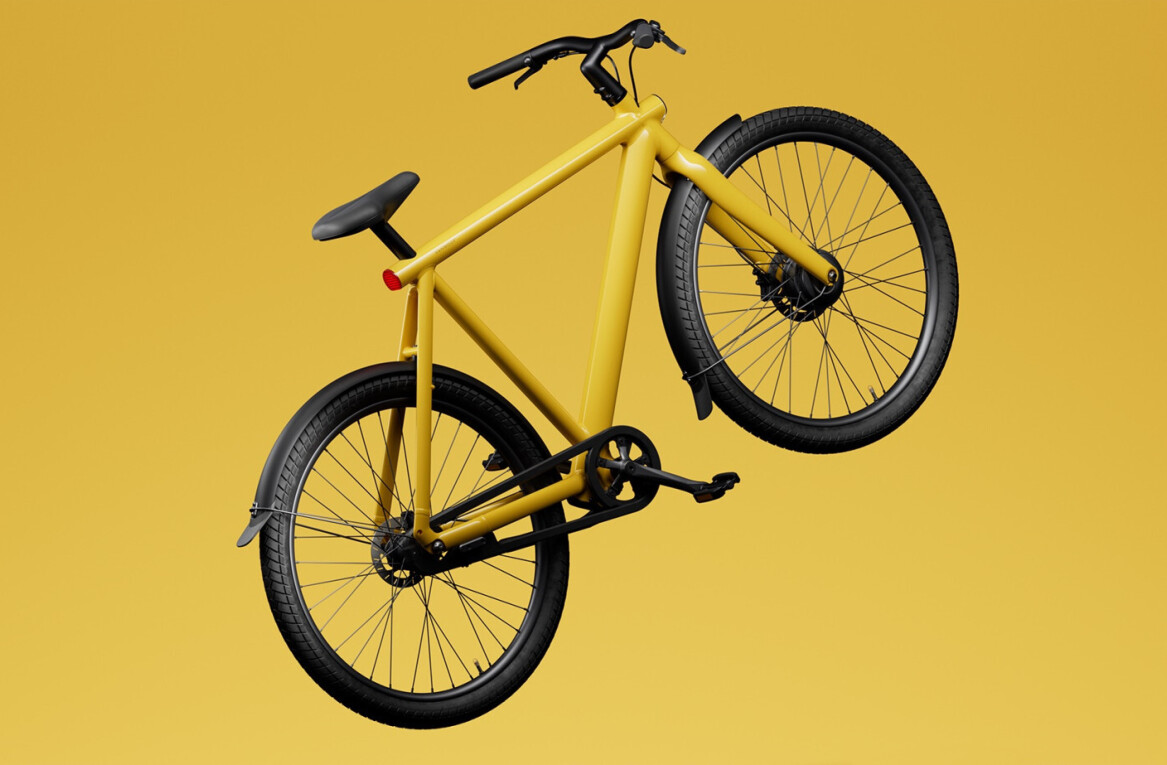
So you want to buy an electric bike. You’re confronted with an eye-wateringly large market and are not really sure whether to go for a bike with a detachable/swappable battery or with one that’s fixed permanently to the bike?
Don’t worry, folks, we’ve got you.
The case for a fixed battery

Pros
- Bikes with such batteries are lighter — and that’s always a good thing.
- Is style your thing? Fixed batteries are great for people who like a more streamlined-looking bike.
- They’re also ideal if you store your bike indoors in a warm (not hot) room or garage with easy access to a charging point.
Cons
- When you want to charge, the bike needs to come with you.
- You can’t take a spare charger with you on a longer ride.
- Unless you already keep your bike in your apartment for security reasons, schlepping it up several flights of stairs for charging is a pain.
Ebike manufacturers speak:
Ampler Bikes
Our bikes are built for the purpose of daily urban commuting and we feel that an integrated battery is favored. This has enabled us to build one of the lightest and most efficient urban commuting ebikes in the world that are fun and safe to ride. Our customers value the benefits such as lightweight, reliability, and the look of a regular bicycle.
We also understand that our bikes don’t fit everyone’s needs, but we have also seen many customers overcoming the charging block by charging their bike at work, for example. Also, as the range of the battery is more than enough for daily rides, you might only need to charge the bike only once or twice a week.
— Ardo Kaurit, CEO & Co-founder of Ampler Bikes.
Mokumono
For the Delta ebike, we choose a non-removable battery because we want to make our e-bikes as light as possible. Removable batteries are generally bulkier and heavier, and also the frame needs extra reinforcements and parts like a lock and connector which make it heavier.
From a design perspective, the non-removable batteries are also easier to integrate in a way that is (almost) invisible to the user.
–Tom Schiller, co-founder and CEO of Mokumono.
The case for a detachable/swappable battery
Pros
- Can easily be swapped out, meaning the bike is ready to go in a minute or two rather than waiting for it to charge.
Cons
- They are typically visible on the bike frame. However, ebike innovation has resulted in smaller batteries (meaning, less visible) or smart designs. For example, Cowboy positions its removable battery behind the seat post.

Ebike manufacturers speak:
Dance
At Dance, our goal is to make it easier to choose an ebike over other travel every single time. One of the ways we can incentivize ebike usage is by designing products to fit our customers’ lifestyle; we want the customer to charge however is best for them.
That’s why we chose a removable battery: we want our customers to be able to easily charge their ebikes; not everyone has the ability to park near an outlet inside.
Though the Dance One is lighter than other ebikes, some may live on the third floor of an apartment building, for example.
With more than one battery you can recharge your bike in seconds. It’s a huge advantage for the customer.
I would say that eventually all micromobility vehicles will have removable/swappable batteries.
— JT Burke, head of hardware, Dance
Rad Power Bikes
At Rad Power Bikes, we believe in practical and accessible ebikes built for everything and everyone. Our bikes are designed intentionally for ease of use and maximum functionality. The choice of a semi-integrated battery was rooted in that design philosophy. It offers a streamlined look while celebrating that it is an ebike and maintaining ease of access and maintenance that our customers love about our bikes.
This design means the battery can be charged on or off the bike and that our riders can bring along additional batteries that can be swapped out for longer rides making our bikes a great option no matter where your destination lies.
— Arno Saladin, European Business Director, Rad Power Bikes

The elephant in the room is weather

Before you choose your choice of ebike, consider the climate or where you ride. One of the biggest factors in battery health is protecting your battery against the weather. Some general tips:
Cold weather:
Temperatures below 5-10 degrees Celsius (40-50 degrees Fahrenheit) affect the battery’s performance. It’s advisable to bring your battery inside whenever practical.
It’s also not advisable to charge the battery in areas where the temperature is below freezing.
Hot weather
Conversely, warmer temperatures can wear down the components that are used to generate power for your ebike, effectively leading to premature capacity loss. Storing your battery/bike in the shade in hot weather is a good idea.
Rad Power Bikes suggests you should always charge in a safe area that is dry, indoors, between 50 °F–77 °F (10 °C–25 °C), and away from direct sunlight, dirt, or debris. Logistics matter: Arrange the bike, battery, and charger to eliminate the potential for trip hazards, damage to the bike, battery, or charger.
Rain
Boxer Cycles advise that while most ebikes are water-resistant they shouldn’t be submerged in water, outdoors during heavy showers, or ridden through ridden deep puddles.
Store your bike out of the rain and make sure the battery is kept dry as much as possible.
Whatever you choose, an ebike is a long-term investment. You want a bike that can continue to serve you as battery innovation accelerates over time. And, yep, the next generation of batteries will be even better.
Get the TNW newsletter
Get the most important tech news in your inbox each week.




